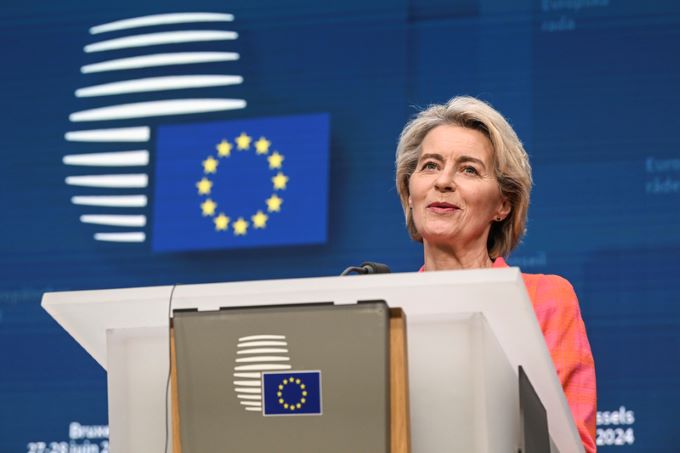The European Commission announced the sixth investment package under the EU’s Economic and Investment Plan for the Western Balkans, aiming to mobilise €1.2 billion in investments. This will support flagship investments in water supply, sanitation, rail transport, innovation, and green transformation. The plan aims to promote long-term recovery, a green and digital transition, and regional cooperation and convergence with the EU, paving the way for a prosperous future. So far, the EU has approved programs to mobilise up to €17.5 billion in investments and €5.4 billion in EU grants.
“Our €30 billion Investment Plan for the Western Balkans is delivering, with this new €1.2 billion package. It strengthens regional connections with quality infrastructure and brings us closer together, which is our ultimate goal. Our Western Balkan partners are building their European future. These investments, along with necessary reforms and access to our Single Market, will prepare our partners’ economies to join our Union,” President of the European Commission, Ursula von der Leyen, said.
The investment package of €1.2 billion includes €300 million in EU grants from the Instrument for Pre-accession Assistance (IPA III), along with additional contributions from EU Member States, Norway, international financing institutions, and the economies of the Western Balkans. The Operational Board of the Western Balkans Investment Framework (WBIF) endorsed this package during the 1-2 July meeting. The new flagship investments focus on three priorities outlined in the Economic and Investment Plan: 1. Environment and Climate: Reconstruction and rehabilitation of water supply and sanitation infrastructure in Montenegro, Bosnia and Herzegovina. 2. Sustainable Transport: Progressing with the Corridor X rail infrastructure, including the high-speed Belgrade – Velika Plana connection to facilitate faster movement of passengers and freight in the region. and 3. Support to the Business Sector: Launching a new facility to promote innovation and green transformation of regional enterprises.

